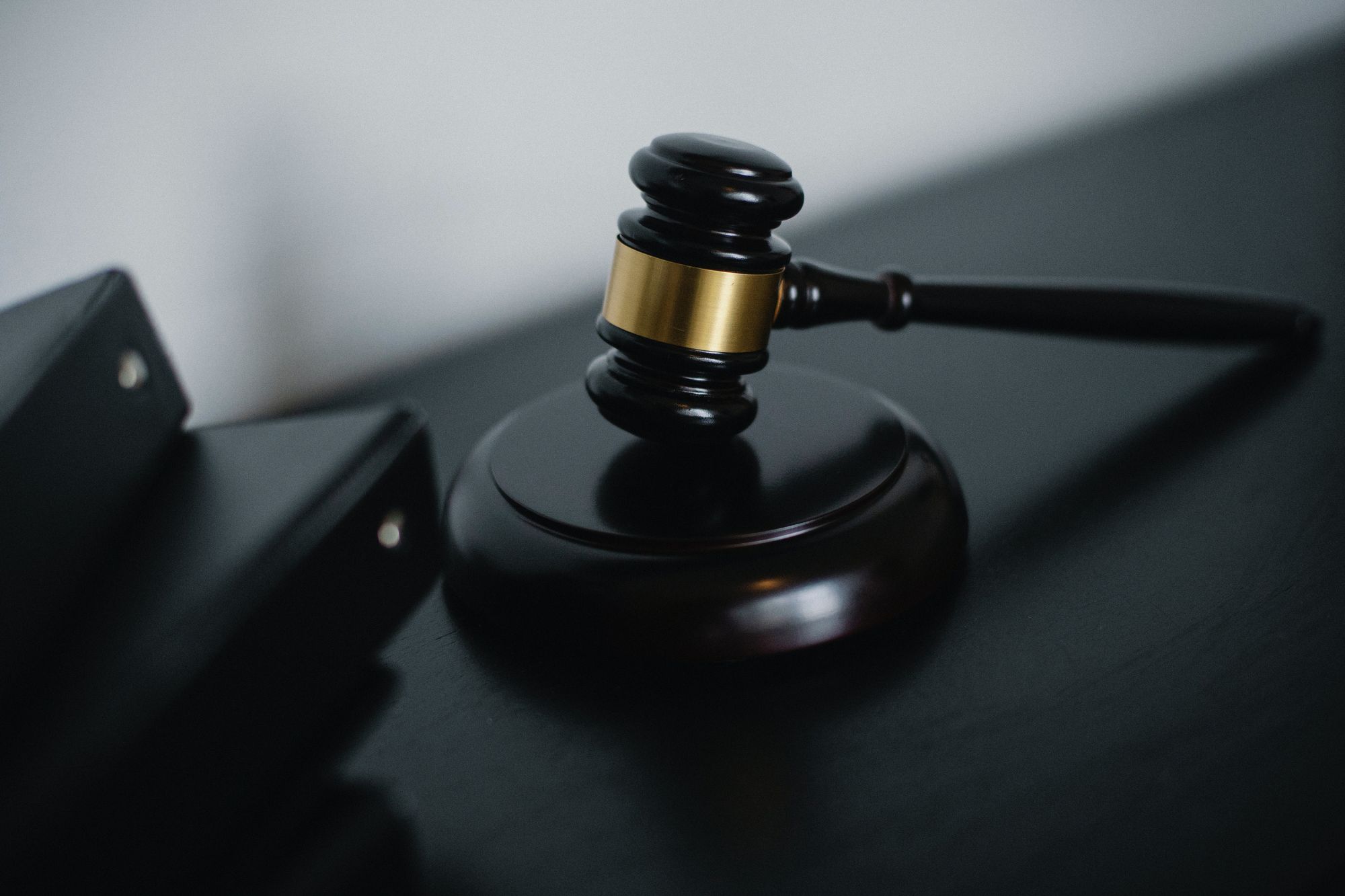By: Teresa Mull
Family members of people lost in a California shooting are suing the manufacturer of so-called “ghost guns” in the first case of its kind.
The AP reports:
A pair of wrongful death lawsuits filed last month in separate state courts accuse 13 defendants of negligence, public nuisance and violation of business codes. The cases were brought by Brady United, a national nonprofit organization that advocates against gun violence, which said Monday that the suits are the first of their kind in the nation.
Of course, there is no evidence to support the notion that registering guns or requiring background checks when purchasing a firearm “reduces gun violence.” Fox News recently reported:
A 2019 survey conducted by the Department of Justice (DOJ) found that some 43 percent of criminals had bought their firearms on the black market, 6 percent acquired them via theft, and 10 percent made a retail purchase – 0.8 percent purchased a weapon from a gun show.
In 11 percent of cases, the criminal had someone else buy a gun for them – known as a straw purchase – while an additional 15 percent got guns from a friend or relative. Some 12 percent of weapons found on a crime scene had been brought there by someone else.
Homemade guns have been legal for years. In an article chronicling the case between the Department of State and Defense Distributed, a nonprofit company from Austin, Texas, on the verge of publishing schematic designs online of how to make single-shot handguns and a variety of other firearms with a 3-D printer, GPM reported:
“It has always been legal for someone to make their own gun in this country,” Dave Kopel, adjunct professor of constitutional law at Denver University’s Sturm College of Law, told Gunpowder Magazine. “There’s no change there. Putting aside the Defense Distributed issue, there have been many sites that host this sort of information for years.”
According to the Bureau of Alcohol, Tobacco, Firearms (ATF) website:
“A license is not required to make a firearm solely for personal use. However, a license is required to manufacture firearms for sale or distribution. The law prohibits a person from assembling a non–sporting semiautomatic rifle or shotgun from 10 or more imported parts, as well as firearms that cannot be detected by metal detectors or x–ray machines. In addition, the making of an NFA firearm requires a tax payment and advance approval by ATF.”
Teresa Mull is editor of Gunpowder Magazine.

